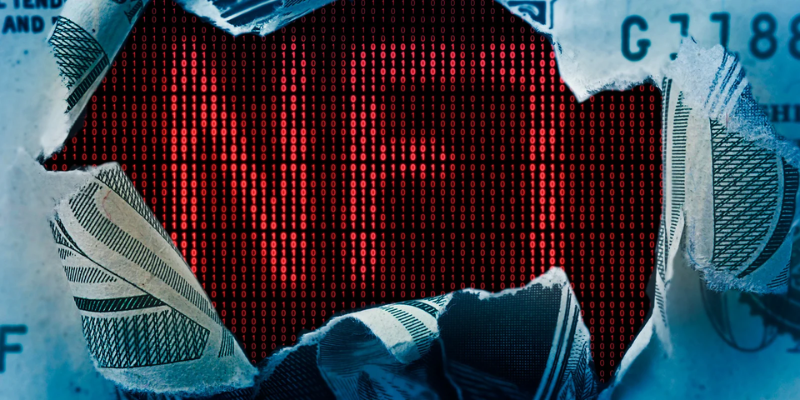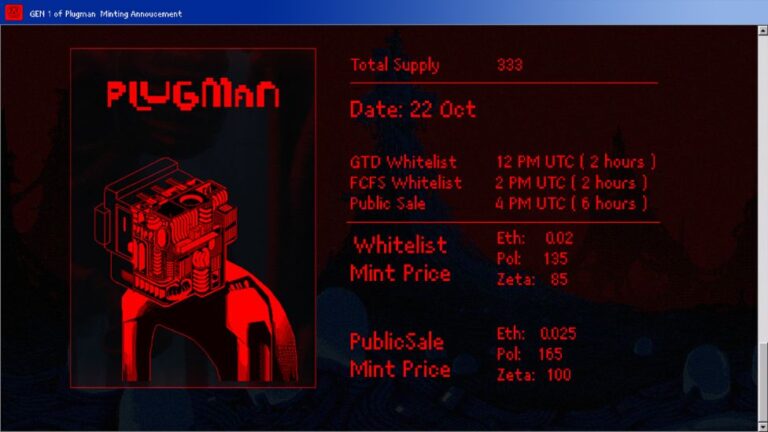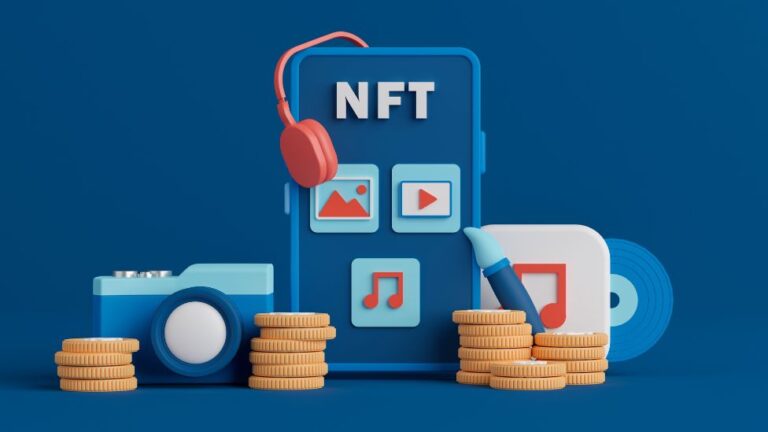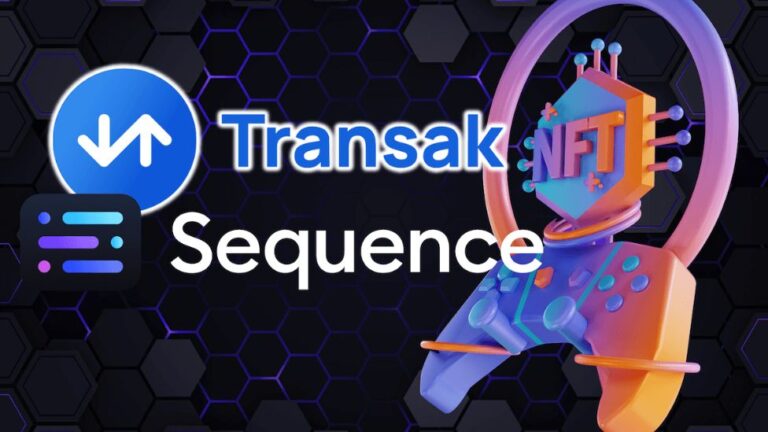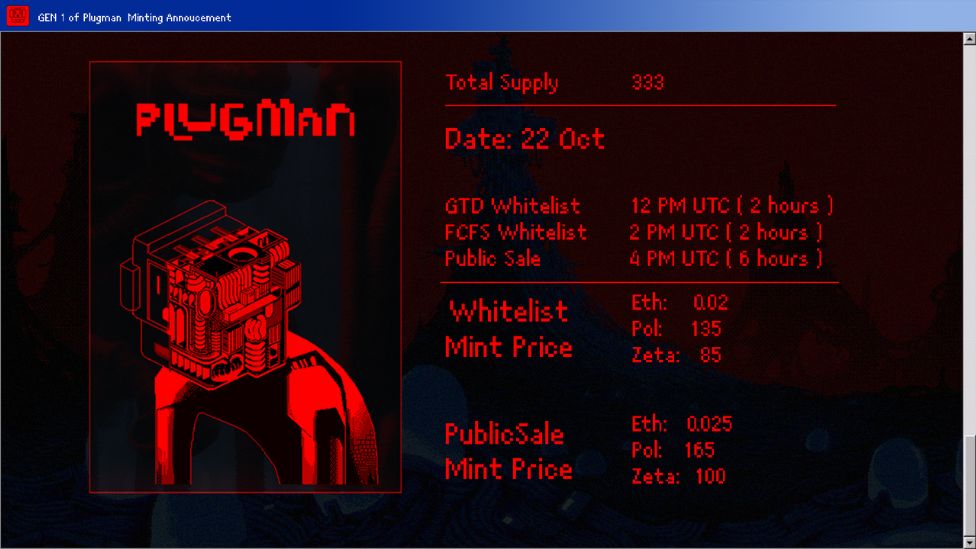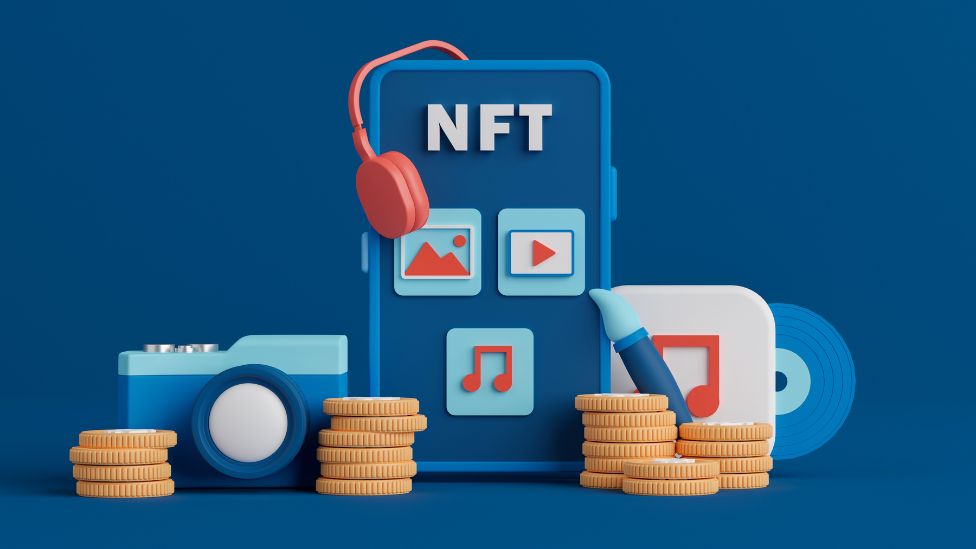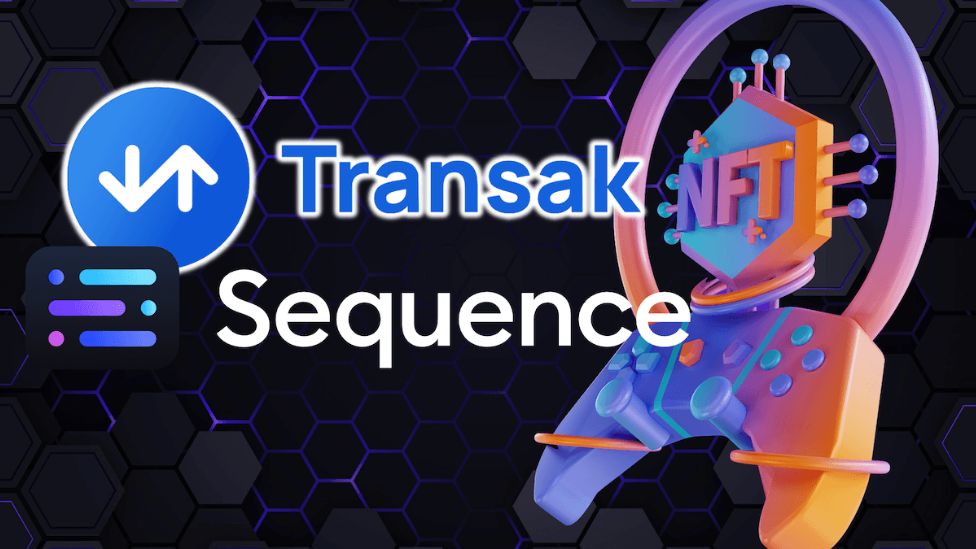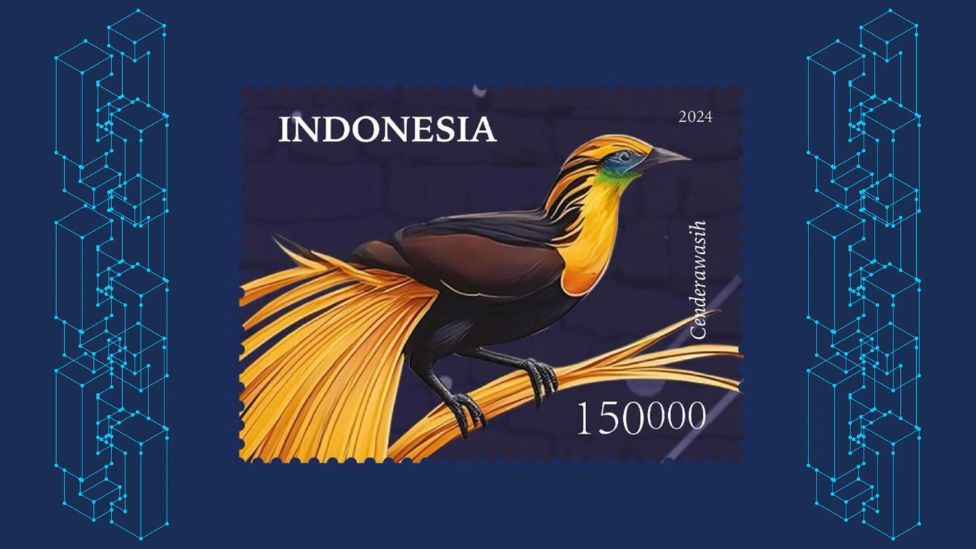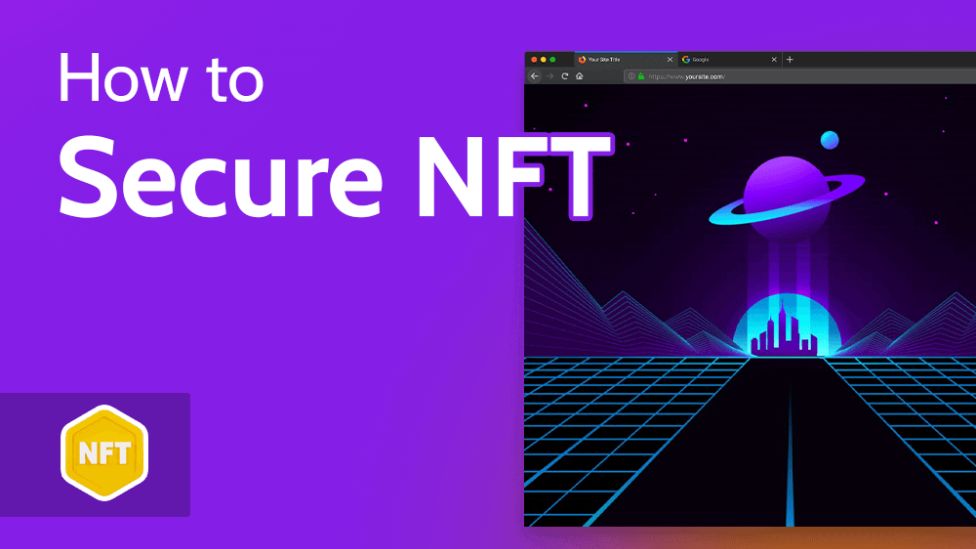An NFT is a special token linked to a digital asset, such as a picture, music, animation, or video, whose ownership is tracked and verified using decentralized blockchain technology. Most of the NFT market has now been developed and is based on the Ethereum blockchain utilizing either ERC 721 or ERC 1155. The buzz around NFTs doesn’t seem to be abating any time soon. Non-fungible tokens, in our opinion, are here to stay. Businesses in various industries have released NFTs to increase brand recognition, take advantage of metaverse gaming possibilities, and pay artists for their creative effort. Major businesses in the financial industry are also showing interest in them, as seen by Visa’s purchase of CryptoPunk.
The NFT market had a trading volume of $25 billion in only 2021. Large quantities of money are frequently accompanied by fraud and scams. NFTs’ nature and the legal problems they raise are still up for debate.
10 Legal Considerations With NFTs
There are several critical legal considerations with NFTs. If you are looking to invest in NFTs, these are questions you must answer based on the legal jurisdiction you operate in.
These include:
Ownership and Transferability
NFTs are unique digital assets that you can own and trade, like physical assets. However, there are still questions about these assets’ legal definition and ownership.
Intellectual Property Rights
NFTs can represent various digital assets, including artwork, music, and videos. It’s essential to consider the intellectual property rights of the creators of these assets and how they apply to NFTs.
Taxation
The tax implications of buying, selling, and holding NFTs can vary depending on the jurisdiction. It’s important to understand the tax laws in your country and how they apply to NFTs.
Regulation
The regulatory landscape for NFTs is still evolving, and different jurisdictions may have different rules and regulations. It is essential to stay current on the latest regulatory developments in your area.
Smart Contract
NFTs are often built on blockchain technology and represented by smart contracts. Understanding how these smart contracts work and their potential legal implications are significant.
KYC and AML
As NFTs are digital assets often traded on digital platforms, it’s vital to comply with know-your-customer (KYC) and anti-money laundering (AML) regulations.
Dispute Resolution
In case of disputes, it’s crucial to have a precise mechanism to resolve disputes over NFTs, such as a smart contract or decentralized autonomous organization (DAO).
Money Laundering
Inevitably, questions about whether NFT transactions are being utilized to get around anti-money laundering laws will arise, given the magnitude of these transactions and how widely they are used.
Privacy and data protection laws
The right to delete one’s data could be granted under specific data protection legislation. This privilege could be practically hard to exercise due to the unchangeable nature of blockchain technology. Therefore, NFTs that include personal data could violate data protection rules.
Securities Law
Most NFTs with a single owner and just one unique asset are unlikely to be securities. Nevertheless, under some situations, they could. If an NFT has security-like characteristics or otherwise satisfies the Howey test, such as when money or another kind of compensation is invested with a reasonable expectation that gains would result from others’ efforts, then the NFT (Non-fungible tokens) may be subject to U.S. securities legislation.
Final Thoughts
All the legal considerations with NFTs help to clarify confusions that might arise. Hence, it is best to fully grasp all these issues before investing your money and resources into the NFTs.

